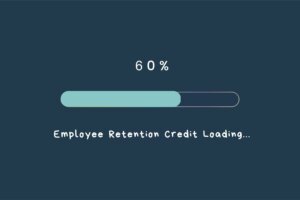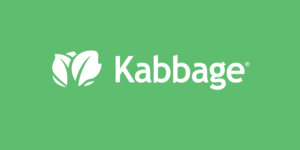“Give, Get or Get Off” has long been a part of the lexicon of fundraising. It was and is still used most often and most appropriately with boards of NonProfit Organizations that were designed with that concept in mind. If that sounds circular, it is….
There are certain types of NPOs whose boards are specifically designed to be giving and getting boards — institutions of higher education and medical centers are prime examples, as all planning, benchmarking and evaluation are the responsibilities of professional staff.
Governance, in the context of those organizations takes on a somewhat different meaning. Of course those boards are still legally responsible (and liable) for decisions/actions of the institution, and most of them do approach their responsibilities with due diligence, but fundraising is a major responsibility.
One consultant (rhetorically) asked, “Why else, when comprehensive campaigns are conducted, do we do (planning) studies and expect that a major portion of the funding will come from board members?”
The answer is that, for specific kinds of institutions (higher education, cultural, hospital/medical center) most board members have been selected on the basis of the 3-Gs; BUT, for the vast majority of NPOs, there has been (hopefully) a process to determine what is needed from board members to be able to “govern” appropriately and effectively.
Some boards are more involved in governance than others; and, often, that level of involvement depends on the NPO’s current stage in its life cycle.
For the vast majority of NPOs, policy making, fiduciary oversight, long-range and strategic planning, etc. are (should be) their ongoing focus.
Ideally, board members should make (at least) an annual gift to their NPO — but that’s the ideal. Realistically, if we can get board members to take their governance role seriously, and get them to do an effective job in that context, we’d be way ahead of the game — even if they never gave a cent.
And the idea that others espouse, that board members must give or get a specific dollar amount each year … sometimes that works, sometimes not.
We can only hope that fundraising consultants know when to lay that GGG line on a NPO board, and when not. For some boards, it has good shock value, and can have desired results — like the resignation of “dead wood,” or the commitment to setting an example in a major campaign.
But not every NPO gets into major campaigns, not everyone defines “dead wood” the same way, and not every board must be of the 3-Gs type.
It’s like any other concept in development — that may or may not have application in all circumstances.
To provide the NPOs we counsel with the best advice/direction, we must be able to “think outside of the box,” and recognize that all of the old expressions “aren’t chiseled in stone.”
And even if you accept/insist that giving and/or getting is a role of the board, they can exercise that role by authorizing the creation of a separate fundraising “board” – with whatever name you’d care to give it.
NPOs in the early stages of life have “working boards” that do it all — except, very often, giving and getting. And, if you insisted that they restructure for that purpose, you stand a chance of destroying what’s best in that NPO.
As NPOs “mature,” boards are less involved in the “day-to-day” and more concerned with policy making, governance and (yes) fundraising. But don’t insist that all boards must be alike.
For any consultant who’s been in the field for more than a couple of years, flexibility (not rigidity) is one of the qualities with which we (best) serve our clients. We need to be committed to the needs of the people served by our clients — to an end result, not to any specific process of getting there.
=-=-=-=-=-=-=-=-=-=-=-=-=-=
Have you seen The Fundraising Series of ebooks ??
=-=-=-=-=-=-=-=-=-=-=-=-=-=
Have a comment or a question about starting, evaluating or expanding your fundraising program? With over 30 years of counseling in major gifts, capital campaigns, bequest programs and the planning studies to precede these three, I’ll be pleased to answer your questions. Contact me at AskHank@Major-Capital-Giving.com
=-=-=-=-=-=-=-=-=-=-=-=-=-=
If you’re reading this on-line and you would like to comment/expand on the above, or would just like to offer your thoughts on the subject of this posting, we encourage you to “Leave a Reply” at the bottom of this page, click on the feedback link at the top of the page, or send an email to the author of this posting. If you’ve received this posting as an email, click on the email link (above) to communicate with the author.
 Sections of this topic
Sections of this topic
















